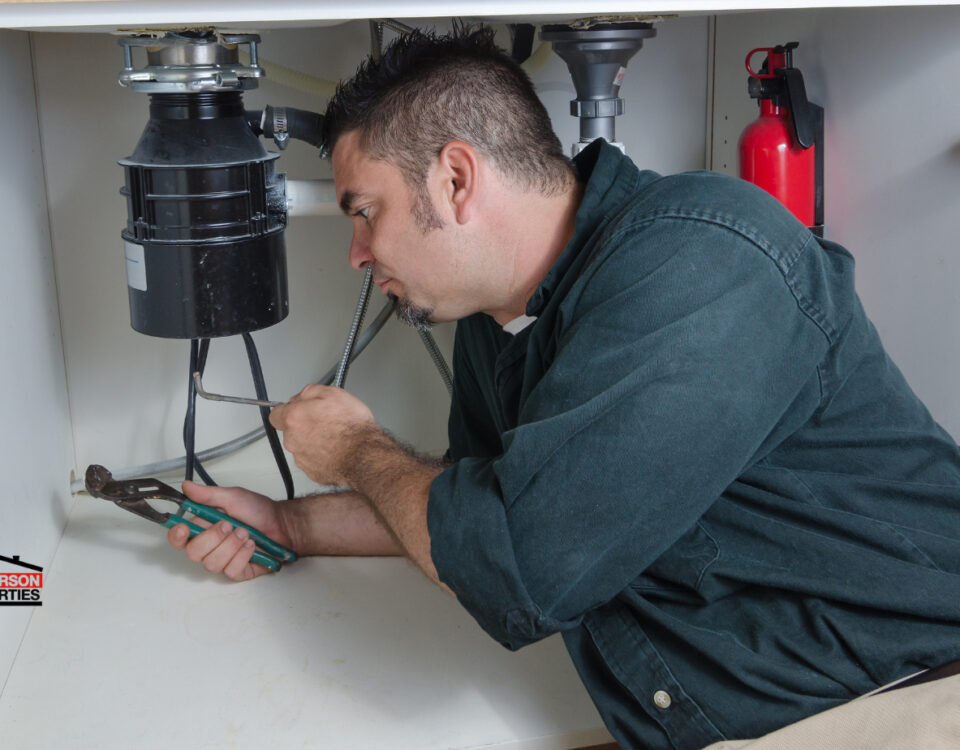- Walk-in Traffic is by Appointment Only - More Details
Most Common Code Violations for Landlords and How to Avoid Them

Top 3 Home Improvement Projects That Add Value
June 1, 2019
4 Tips for Keeping Your Home Safe While on Vacation
July 1, 2019If you watch some of the popular television shows or follow anyone in the home improvement space online, it can begin to look like being a landlord is an easy and quick way to increase your cash flow. While being a landlord does have the potential to be a profitable endeavor, it will only be a success if you are committed to working hard and doing things right.
Just because an individual or family decides to rent a property rather than own, it most definitely does not mean they are willing to settle. Renters want to live in a place that feels comfortable and safe, suits their needs, meets their expectations, and allows them to enjoy the space. But in addition to the needs of the renters, landlords must also be aware of the code regulations that are in place for rental properties. Depending on your area, the local governmental rental housing agency may even conduct annual inspections.
To keep your renters happy and keep yourself out of any legal troubles, following are a few of the most common code violations landlords experience and how to avoid them.
1. Issues with the smoke and/or carbon monoxide detectors
The code violation that landlords are cited with most frequently involve the smoke and carbon monoxide detectors in rental properties. In order to keep yourself in the clear, you must ensure that all smoke and carbon monoxide detectors are working properly. If you are using detectors that take 9-volt batteries, set an alert in your calendar to change the batteries every six months. Even better, go ahead and invest in some of the newer models that feature non-removable batteries that are typically good for about 10 years.
You must also make sure that you have smoke and carbon monoxide detectors in the proper areas. Did you know that each bedroom needs to have its own smoke detector? Do you have at least one smoke detector and one carbon monoxide detector on each level of the property? Do you know the proper location to place a carbon monoxide detector? It is important to be an educated and proactive landlord when it comes to this issue. Not only can it help you avoid code violations, but it can also save the lives of your residents.
2. Electrical violations
There are a variety of electrical issues that can be classified as code violations. All light switches in your rental property must be in working condition, and electrical cover plates must be present throughout. Proper electrical wiring and connections can sometimes be a little challenging for the average landlord to detect. If something looks suspicious, there is probably an issue. But if you have even the slightest bit of doubt, it is best to call in a professional electrician to avoid any code violations or safety hazards.
3. Plumbing violations
Plumbing violations can present themselves in a few different ways. There are specific regulations in place for how a hot water heater should be installed. For instance, if your rental property has a gas hot water heater located in the garage, it must be elevated at least 18 inches off the floor. This is to prevent the ignition of gasoline and solvent fumes, which is a huge safety hazard. Additionally, the relief valve needs proper venting so that steam and water can escape safely if the hot water heater ever becomes over heated.
Essentially, plumbing issues should be taken seriously. In the best interest of everyone involved, you should have a trusted plumber you can call to take care of your rental properties.



